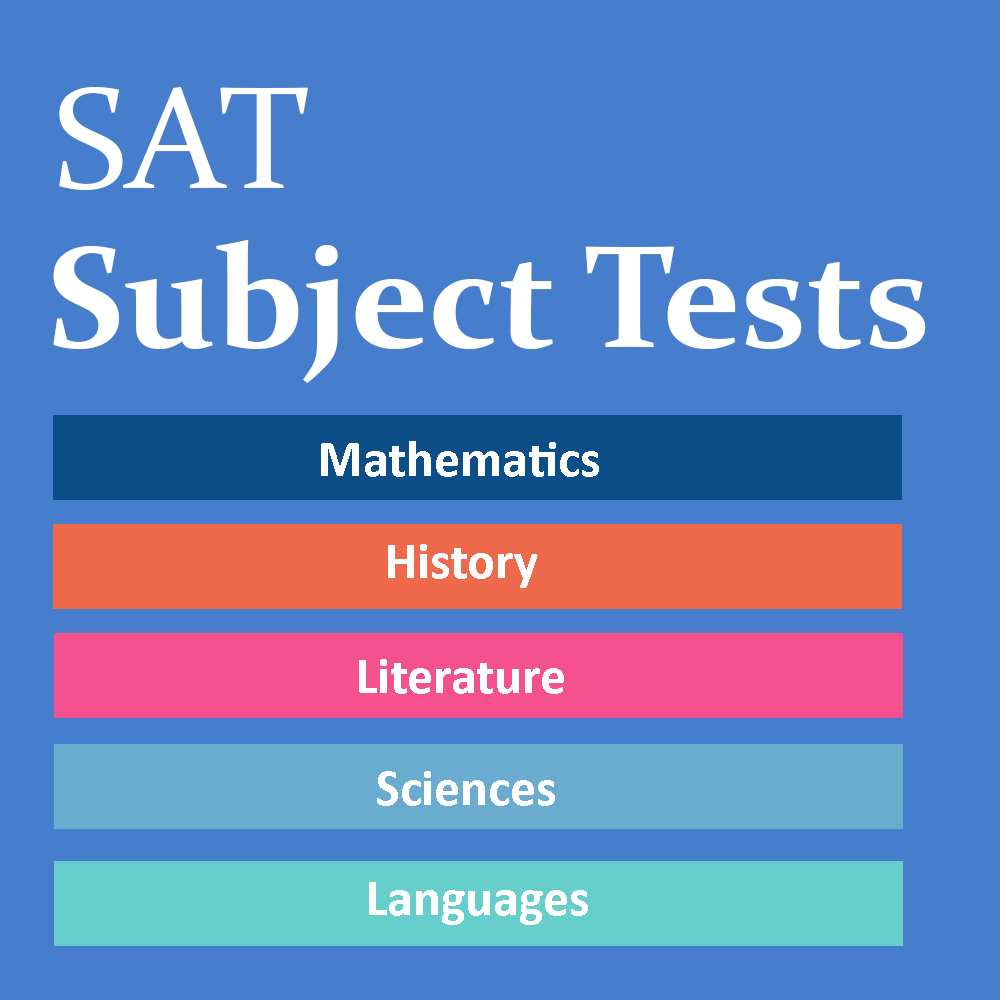Advanced Placement (AP) is a program that allows you to take college-level courses while still in high school. At the end of each AP class, you can take the corresponding AP exam and potentially earn college credit for the class.
There are 38 AP exams in total, but the number of AP exams offered varies from school to school. Many high schools do not offer any AP classes or exams at all.
When choosing a high school to attend, it’s important to consider whether AP classes and exams are offered, and if so, which ones.
Without further ado, the 3 biggest reasons why you should take APs are:
1. They prepare you for college. AP classes generally function like introductory-level college courses. In other words, they’re designed to be more challenging than your average high school classes.
For instance, AP US History is a lot more analytical than the standard Regents US History offered at most NYC high schools. The AP version goes further than what happened in American history – it puts a lot more emphasis on the how and why, and focuses on broader themes. Classes like this can help you get accustomed to the type of analytical thinking that is regularly expected of you in college-level work.
2. You can earn college credit. If you get an adequate score on an AP exam, many colleges will offer you credit in that subject. (An adequate score generally means at least a 3 or 4, depending on the school.)
In many cases, earning college credit for AP’s will exempt you from taking certain introductory courses in college. For example, a sufficient score on one of the AP Calculus exams may allow you to skip entry-level Calculus in college and go straight into a more advanced math course instead.
3. You’ll have an edge in college admissions. If your high school offers AP classes and exams, colleges will pay attention to whether you took advantage of them.
Taking AP classes and doing well on the corresponding AP exams shows colleges that you are motivated, capable, and ready for college-level academic work. AP classes and exam scores strengthen your college application and make you a more favorable candidate.
Overall, AP classes enrich your high school academic experience and challenge you to think more critically. At the same time, they give you a head start in your college career by offering college credit and letting you place out of introductory courses.
If you’re applying to high schools right now, pay close attention to the AP offerings at your prospective schools. Do they offer any AP classes at all? If so, do they offer AP classes you may want to take in particular, based on your interests and potential career goals?
If you’re in high school at the moment, plan ahead with regards to which AP classes and exams you intend to take and when. And of course, diligent studying and test prep will help you do well in these challenging classes, and achieve your desired scores on the exams!









